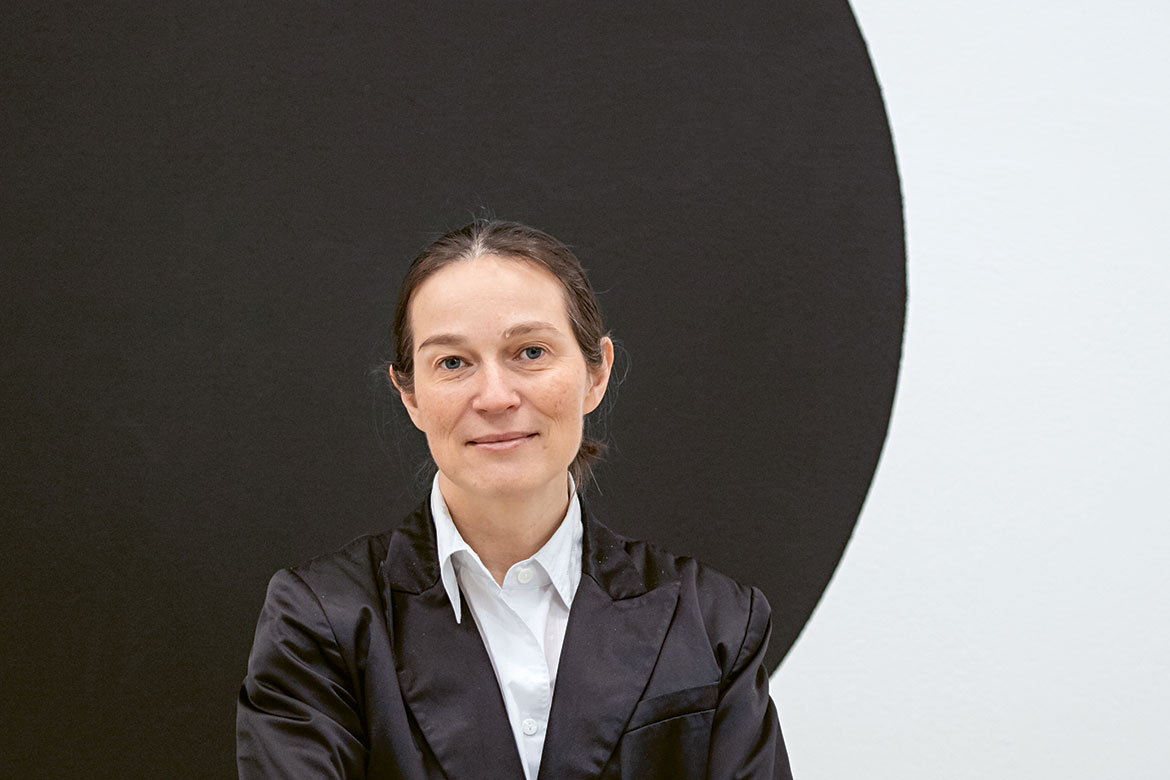THE LANGUAGE OF SCIENCE
Specialist jargon hides trivialities
A study with 6,700 participants has been investigating whether jargon can make scientific explanations more satisfying.

On their own they seem forbidding, while together they’re confusing. But they might also be an indication of expertise. | Image: 13Photo with Word Cloud Generator by Jason Davies / ETH Zurich. Words: Florian Fisch and ChatGPT.
“We find that jargon can support illusions of understanding”, writes Tania Lombrozo, a psychologist at Princeton University, on the platform Bluesky. Together with a doctoral student, she has published a study in the journal Nature Human Behaviour, discussing the impact of using inaccessible, specialist language among experts. Their findings show that using technical terms actually makes explanations less comprehensible, though it can also successfully hide banalities and circular reasoning, thereby – paradoxically – making an explanation seem at first glance more understandable.
In the various experiments they undertook, they placed assorted scientific explanations before almost 6,700 participants, then asked them to rate how comprehensible, satisfactory or incomplete they were. To give one example, they placed a post on social media that read: “Have you ever noticed that crunching candy can sometimes release a spark of light? That’s because, when candy plotens are crushed, this can result in visible light”. Their circular reasoning was enhanced by the entirely fictitious technical term ‘plotens’.
Regardless of whether their explanation was true or false, jargon was able to hide the fact that their explanation was inadequate. But if participants were asked follow-up questions or had to provide explanations of their own, then they realised that they had in fact failed to understand what was being said, despite all the impressive technical terms being used. They then lowered the score of their evaluation. “Our findings reconcile seemingly contradictory results from previous work”, wrote Lombrozo.
Comments posted on Bluesky remarked that even in medicine, using grandiose-sounding Latin and Greek names doesn’t mean that the doctor in question actually understands the disease. Nor may it be assumed that a judge who uses complicated terms in court is better able to convince the jury about a particular legal issue. All the same, Lombrozo doesn’t believe that laypeople should fundamentally mistrust information just because it happens to contain jargon: “In many cases, jargon can be a good cue to expertise”.



